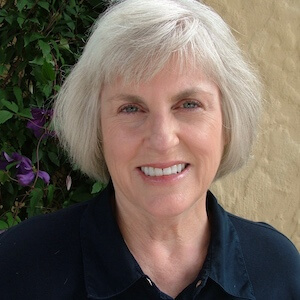
Laura Hall was born in a small city on the San Francisco Peninsula. A member of the post–World War II baby boom, she grew up in an era of hopeful optimism. After turning sixteen in 1967, just as the Summer of Love kicked off in San Francisco, she hung out with flower children in Haight-Ashbury, marched against the Vietnam War in Golden Gate Park, sang along to live counterculture music at the famed Fillmore Auditorium, and was pregnant by the time she was a senior in high school. When her daughter started college eighteen years later, so did Laura. After receiving her BA and MA in Landscape Architecture at University of California, Berkeley, she went on to teach for the school’s Extension program and build an urban design professional practice where her projects included community facilitation in northern California communities and rebuilding plans for Mississippi Gulf Coast towns after Hurricane Katrina. She currently works in the Environmental Protection Agency’s Tribal, Intergovernmental, and Policy Division in San Francisco.
about AFFLICTION

In 1937, at the age of nineteen, Ralph Hall, suicidal, revealed his sexual orientation to his grandmother, knowing she would comfort him. Out for three years afterwards, an indiscretion then sent him back into the closet. At twenty-four, while in the army, he met and married Irene. The couple made their home on the San Francisco Peninsula and had four children. Ralph was an attentive husband and father – albeit with an intense interest in interior design, flower arranging, and fine objects—and a diligent worker who rose to payroll accountant at Standard Oil.
It wasn’t until 1975 that Ralph came out to his middle daughter, Laura, telling her that he had once considered his sexuality an aberration, an affliction. She was shocked, as the possibility her father might be gay had never crossed her mind. Irene knew Ralph’s secret for eighteen years, but the two remained married until she died. It was only then, by now in his eighties, that this charismatic man and devoted father could freely express his authentic, gay self.
Here, Laura paints a vivid and honest portrait of her beloved father and the effect his secret had on her own life.

